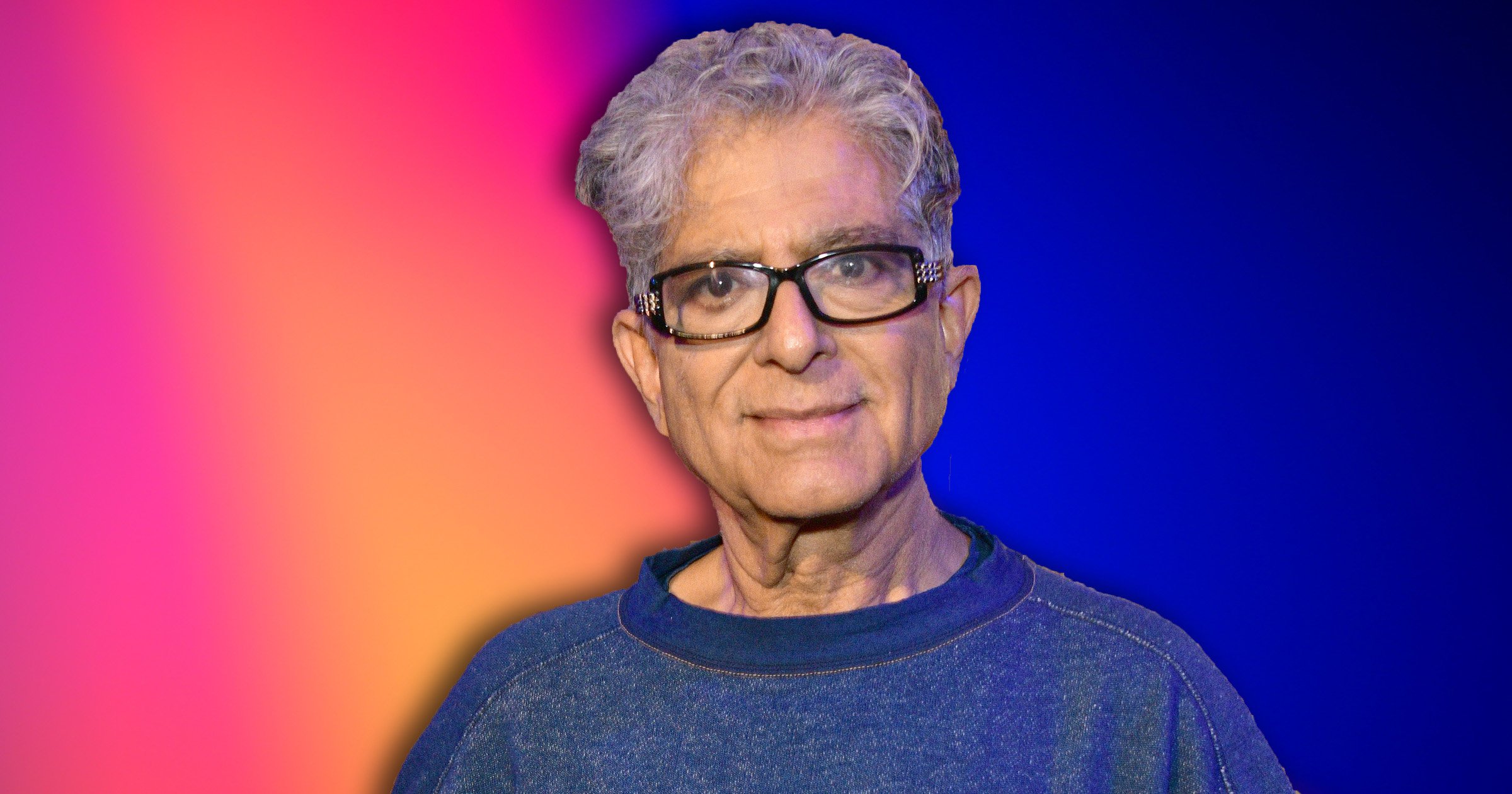
Best-selling author, meditation expert and alternative medicine advocate Dr Deepak Chopra, 76, talks to us about his and the spiritual leader’s first official documentary, why most modern leaders are ‘gangsters’ and how he deals with criticism.
Could you tell us a bit about your relationship with the Dalai Lama? How did you fist meet?
I actually first met him in 35 years ago or something like that, when he was the Royal Albert Hall and then periodically in India and Vancouver. He’s always been amazingly gracious.
He’s said to me that Buddhism came from India and India should take some responsibility for going deeper into the philosophy because it has the potential to create a more peaceful just, sustainable, healthier, and joyful world.
You’re in London to host the UK premiere of Never Forget Tibet: The Dalai Lama’s Untold Story, directed by Jean-Paul Mertinez.
The film is beautiful – it’s like a gift to humanity and a tribute to His Holiness that he deserves. It’s the first official documentary and it’s extraordinary because you don’t see a bone of resentment in his demeanour or in his attitude: if anything, he is more compassionate, loving, forgiving and kind to even his tormenters.
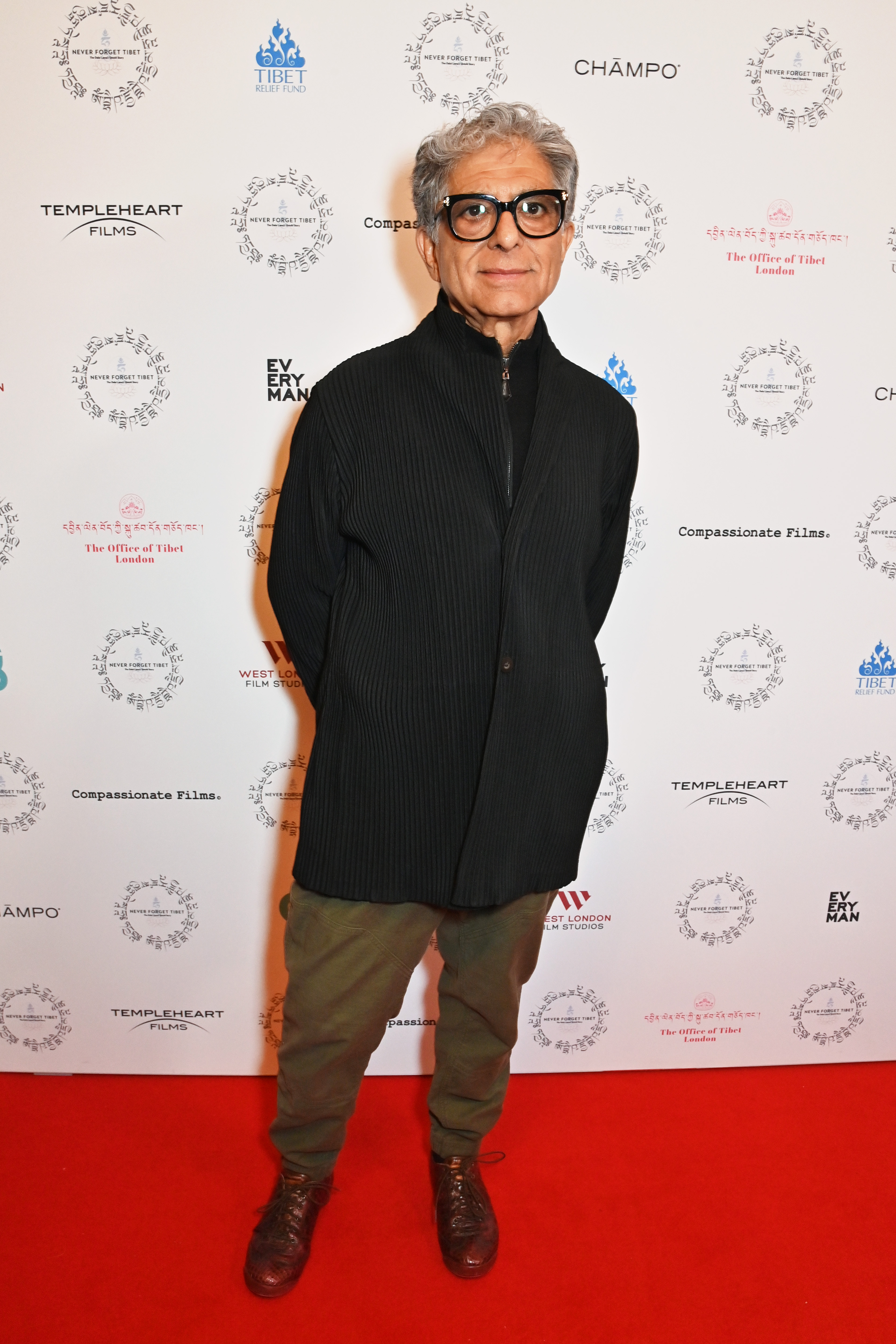
Why do you think it’s important that the younger generation watch the documentary and learn about the Dalai Lama and Tibet?
I think they should watch the documentary to learn what true leadership is. True leadership comes from love in action, and true leadership comes from service. Love without action is meaningless, action without love is irrelevant.
When you have love in action then you heal people. So, even in the midst of all this turmoil in the world where we are seeing social injustice eco-destruction, extinction of species, war and terrorism – he’s a true leader.
As I look across the landscape of leadership in the world, I find most leaders are gangsters. They’re only engaged in cronyism, influence peddling, corruption, greed and creating wealth for themselves – and I can’t even think of them as leaders.
He’s the leader, so young people aspiring to be leaders in the world for more a peaceful, just, sustainable, healthier and joyful world – he is their mentor, role model and hero.
In the UK, we’ve recently seen Humza Yousaf become First Minister of Scotland. What does it mean to you to see more Asian representation in important political roles across the world?
I like that, although I think leaders should be deserving on their own, not because of their ethnic or racial or national background. I think true leadership is where there is integrity, authenticity, responsibility and a higher cause. For me, that’s all that is important.
If you’re from an Asian background, so be it – I’m from an Asian background. I think identifying too much with your nationalism almost gets to be tribal. That’s part of the problem in the world today. Extreme nationalism has become tribalism, and mediaeval tribalism with modern capacities for destruction is a dangerous combination.
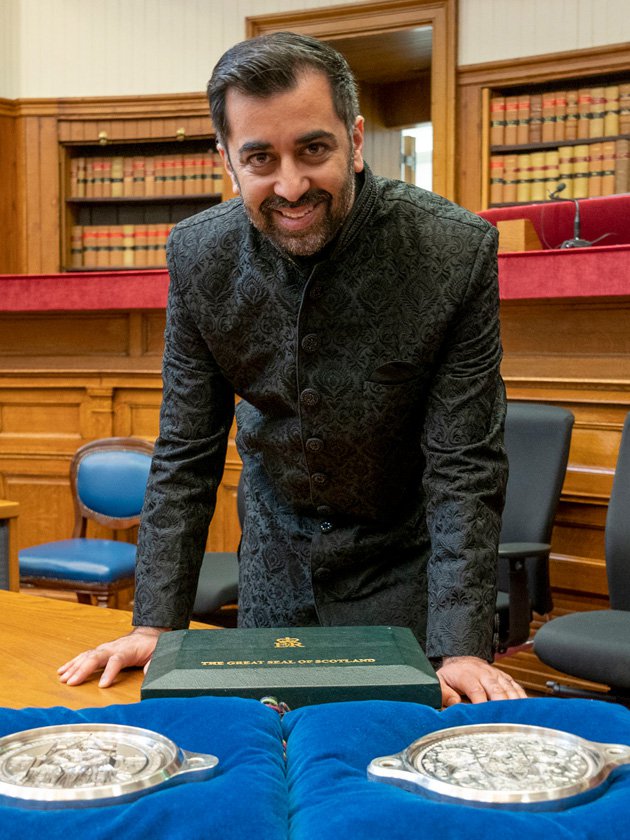
I’m proud and happy , but that’s not required in my view.
You’ve written so many books over the years, and your latest is Living in the Light. What was the inspiration this time around?
The inspiration this time around is that 35, 40 years ago, I went to the US and there was hardly a yoga studio in New York City. Today, there’s one every block and people think that , for your endurance and flexibility – and it is!
But that yoga that people associate with is one of eight limbs of yoga and the complete knowledge of yoga includes social intelligence, emotional intelligence, the yoga postures, breathing techniques, withdrawal of the senses, control of the ergonomic nervous system, focused awareness, meditation and transcendence.
I felt there was a need for people to understand that the physical postures, even though they’re extremely important as part of yoga, the ultimate goal of yoga is to get in touch with your true self, union with your true self, with your spiritual self.
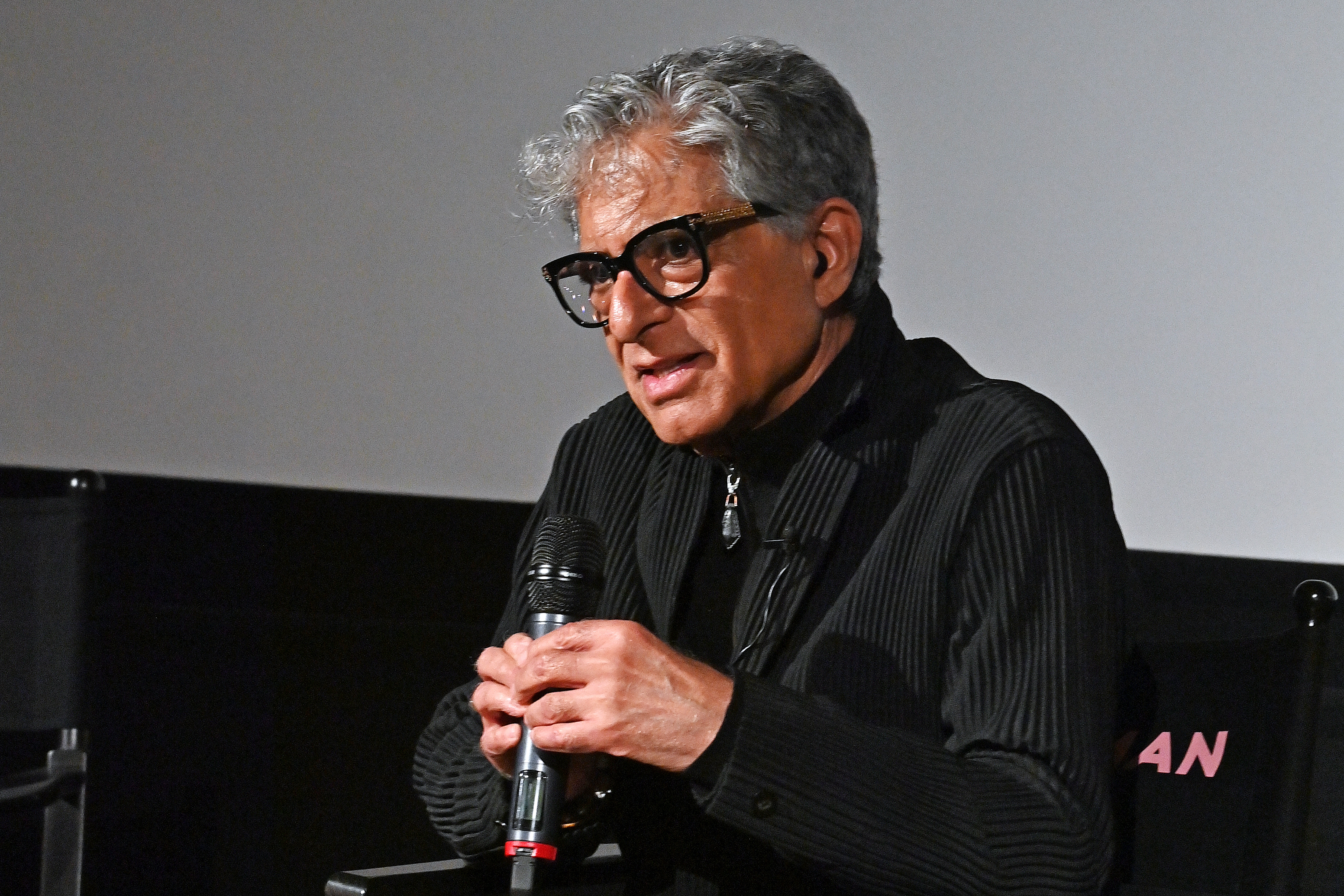
That’s kind of missing in most of the yoga services that are offered in the West. I wanted to bring the authentic eight limbs of yoga – they’re referred to as Raja Yoga in Sanskrit, so the English word is royal yoga.
You’ve said before that you don’t eat after 6pm – is that still the case?
Yes, I eat my main meal usually at lunch and then sometimes I have a little bit of fruit in the evening or yoghurt.
Now of course everybody’s talking about 16 hours intermittent fasting – I’ve been doing that for a long time. I think it reduces inflammation, decreases incidents of diabetes and enhances longevity.
Gwyneth Paltrow is someone else who promotes intermittent fasting, but she faced backlash recently over her restrictive diet, which features bone broth and vegetables.
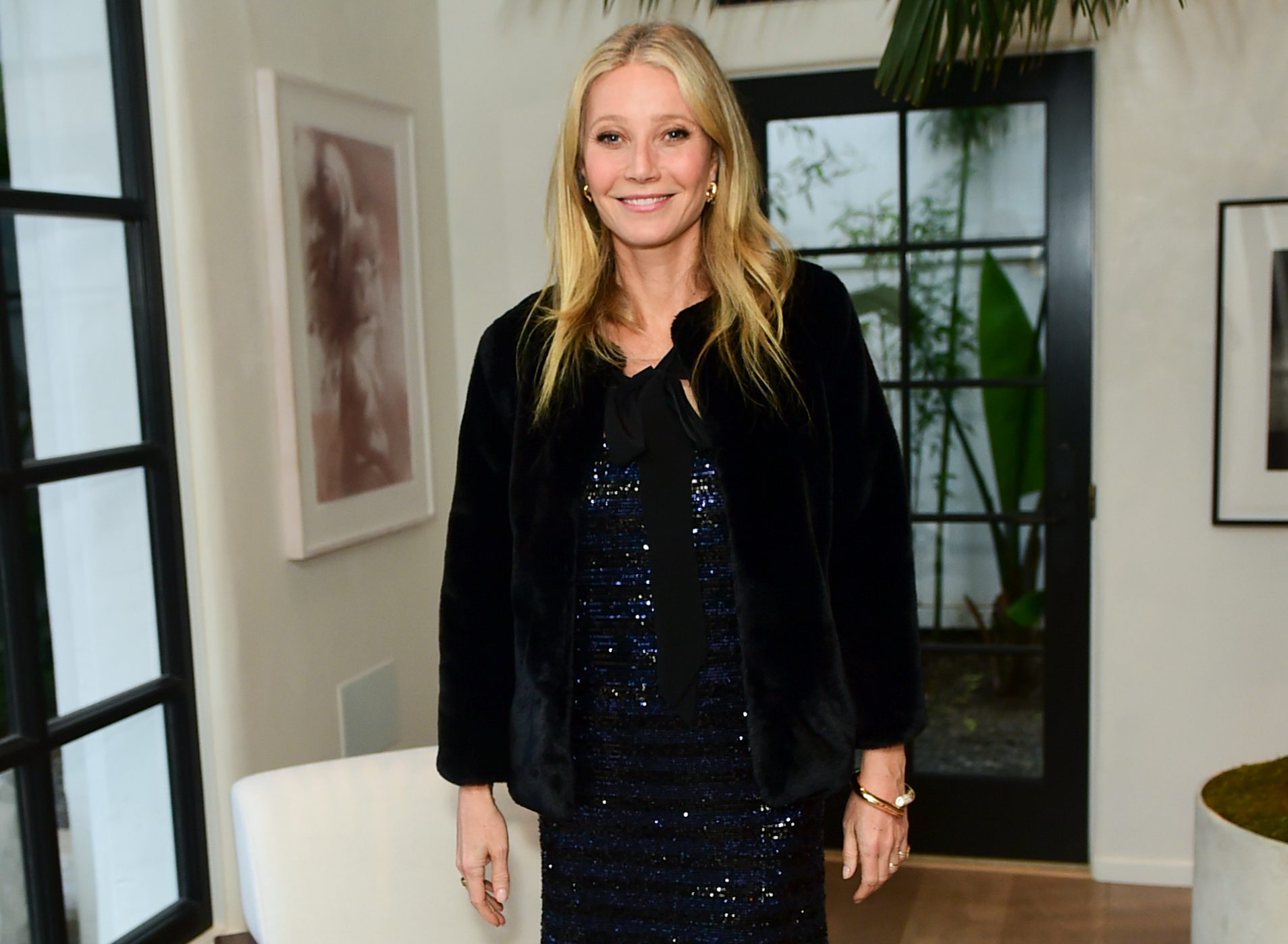
. I think a diet [should have] maximum diversity of plant-based foods. And if you’re a meat eater, [consume] organic meat, farm to table, because factory produced meat has a lot of antibiotics and hormones and pesticides, which cause inflammation.
So for those who are not vegetarian, I say get food from the farm not from a factory.
Elizabeth Taylor was someone famously known to have come to your clinic. How well did you know her?
Oh, I knew her very well. For many years. She was a good friend. She came and stayed at our clinic many times, not just once, and in residence. She came to our home as well.
She was very charming… charming is the word, almost in a very alluring, affectionate way as well. She was magnetic and [had] a lot of humour.
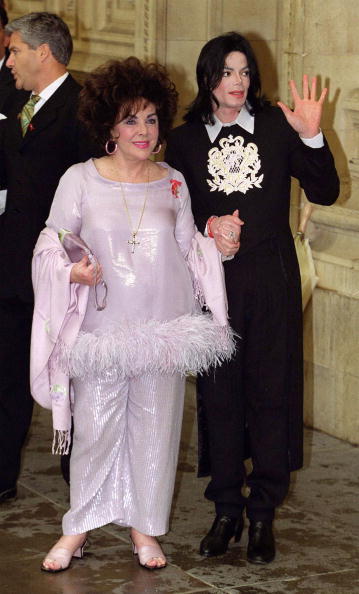
There have been people over the years who have disagreed with some of the things you’ve written in your books. How do you deal with backlash?
I used to debate with them, then I realised nobody changes their mind. So now I ignore it and my critics can’t stand that, they loved it when I used to come back and argue! Now, I totally ignore them and they can’t stand it, which makes it almost funny.
I think if there’s any reaction from me then it’s a joke, but light-hearted.
What do you think is the biggest misconception people have about you?
I’m a trained internist, board-certified in internal medicine, endocrinology and neuroscience. I’m a professor of medicine at three medical schools, but they think I’m this guy from La La Land – and actually most critics haven’t even read my books. They just go with the titles and my popularity.
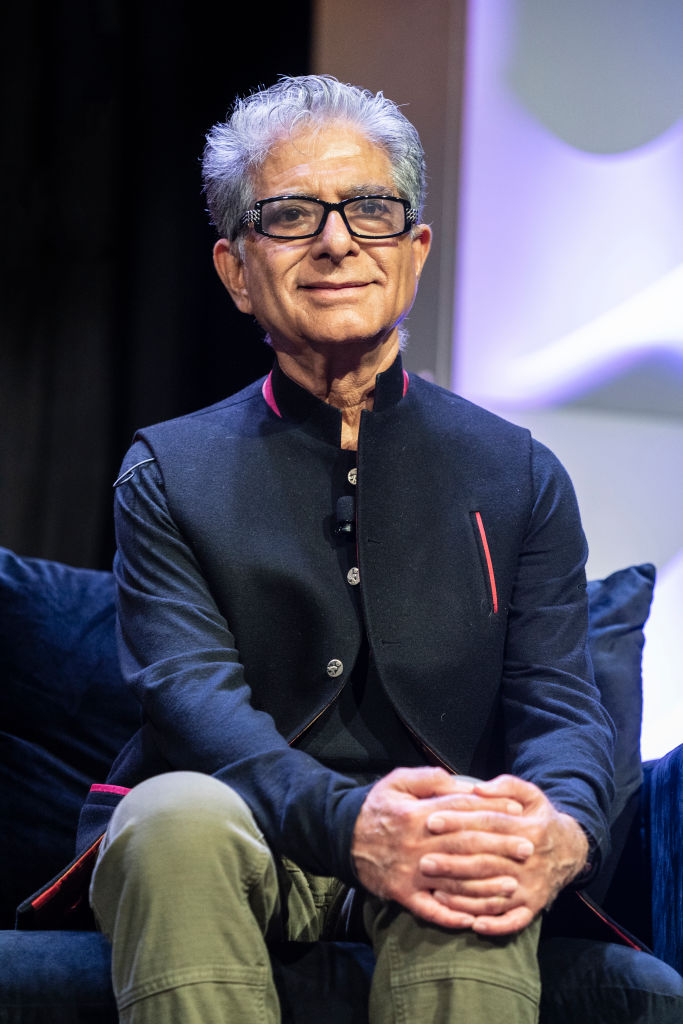
Have you ever had a sort of an unexpected or slightly crazy interaction with someone who’s recognised you?
The most bizarre thing that ever happened was I was giving a lecture and a young woman interrupted and accused me of having assaulted her.
I asked her when that happened and she said in a previous lifetime, and I had to remind her that the statute of limitations doesn’t go across lifelines!
The UK premiere of Never Forget Tibet: The Dalai Lama’s Untold Story was presented by Dr Deepak Chopra and hosted by Everyman, at Everyman Borough Yards, London.




















